The delayed payment of annual dues by both China and the United States — the United Nations’ two largest financial contributors — is deepening a growing budget crisis at the global body.
According to a Financial Times report, while the US has long struggled with arrears, China’s payments have increasingly come later each year, compounding the UN’s financial uncertainty.
China’s late settlement of its mandatory dues for the UN regular budget has stretched from two months overdue in 2021 to 10 months overdue in 2024, added the report, citing analysis of publicly available data.
Last year, China settled the final instalment of its $480mn contribution on December 27. Only North Korea paid the last of its roughly $157,000 in dues later, on December 30.
The delays come as Beijing intensifies efforts to grow its influence within the UN, presenting itself as a leader of a global alternative to the US-led order — particularly as US President Donald Trump distanced Washington from several multilateral institutions during his term.
As the world’s two top funders, delayed payments by US and China not only reflect growing geopolitical tensions but also directly impact the UN’s operations.
“We can’t implement our budget fully or efficiently; we cannot plan our spending with confidence . . . if all member states do not pay in full or on time,” Financial Times quoted UN Controller Chandramouli Ramanathan, discussing the organisation’s finances, as saying.
Impact Shorts
More ShortsRamanathan said the UN was forced to slash its 2025 regular operations budget by 17%, or around $600 million, due to delayed payments from major contributors.
The organisation is funded through two main channels: assessed contributions — binding payments that cover the $3.7 billion regular budget and the $5.6 billion peacekeeping budget— and voluntary contributions, which make up the bulk of overall funding.
China’s assessed share of the regular budget has surged from just under 1% in 2000 to 20%, or $680 million, in 2025—just behind the US at 22%.
As of April 30, the US owed about $1.5 billion and China $597 million in unpaid contributions to the 2025 regular budget. Both countries also lag on peacekeeping dues, with the US owing another $1.5 billion and China $587 million, reported Financial Times, citing the latest data provided by the UN.
“The Chinese always pay late and do not give reasons,” FT quoted a diplomat in Geneva, who works with the UN, as saying. Along with the US, China’s late payments threatened to “create a pretty huge liquidity crisis for the UN”, the diplomat said.
Many countries, including the US, routinely pay UN dues late, the US often delays based on its fiscal calendar. Since 2019, only 53 of the UN’s 193 members have paid on time every year, according to Pew Research Center, while 41 were in arrears at the end of 2024.
Under UN rules, late payments are still credited toward future dues, leaving current operations underfunded and effectively lowering costs for lagging donors.
According to the report, experts also note that China contributes relatively little in voluntary funding to UN humanitarian agencies, despite its growing global role.
Questioned about its late payments, China’s mission to the UN told FT, “The UN Secretariat should improve its planning and budget management for fund expenditures to reduce the financial impact of different payment timelines from member states.”
“Delays in the payment of contributions due to procedural reasons are fundamentally different in nature and impact from the long-term failure of the largest contributor to pay a massive amount,” it added.
The UN’s budget shortfalls come as China seeks to expand its influence within the organization, including through high-level appointments and proposed agency reforms.
“I find it a little inexplicable why they’re delaying payments, given Beijing’s push to shape the UN system to reflect its worldview,” David Scheffer, senior fellow at the Council on Foreign Relations, told FT.
While China has criticised the US for its own payment delays and for moves like withdrawing from the World Health Organization and Human Rights Council under President Trump, Beijing has made only modest voluntary contributions by comparison.
The US, despite its arrears, contributed $13 billion to the UN in 2023 — three-quarters of it voluntary — whereas China gave $2.3 billion, with just $150 million in voluntary funding.
“In the two-thirds of the stream that really funds the UN, China pays negligible amounts,” FT quoted Courtney Fung, associate professor at Macquarie University, as saying.
Although Beijing has pledged to boost WHO funding to offset US cuts, it has yet to follow through with significant voluntary support.
With inputs from agencies


)
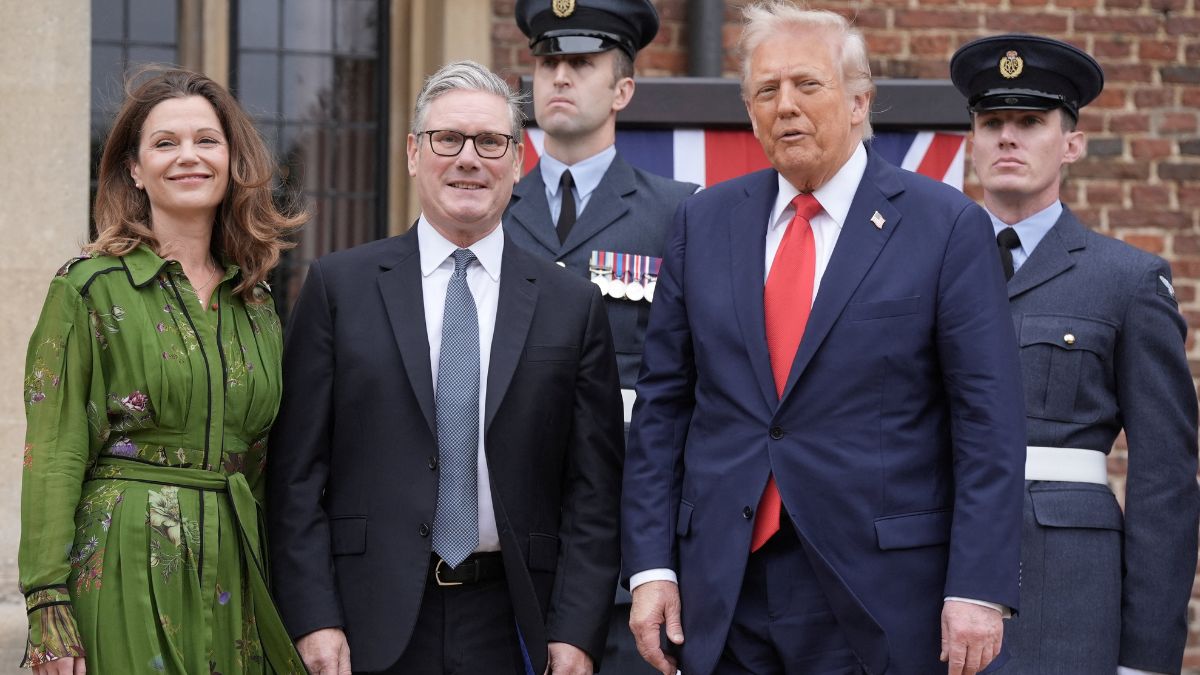
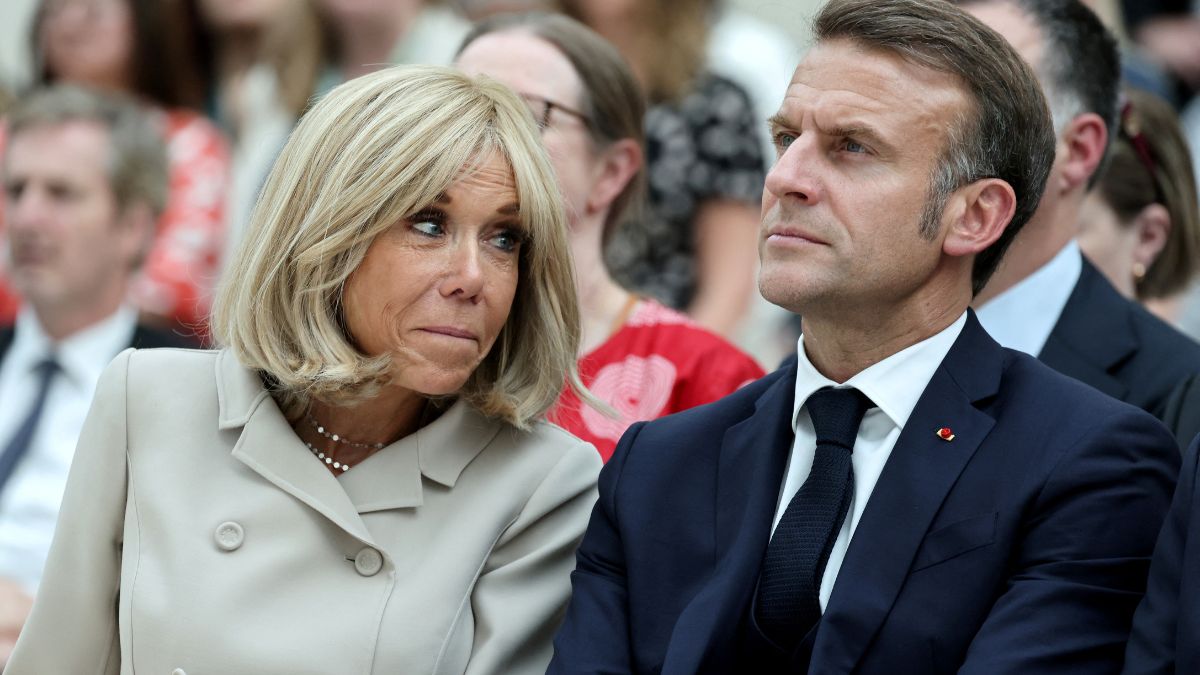)
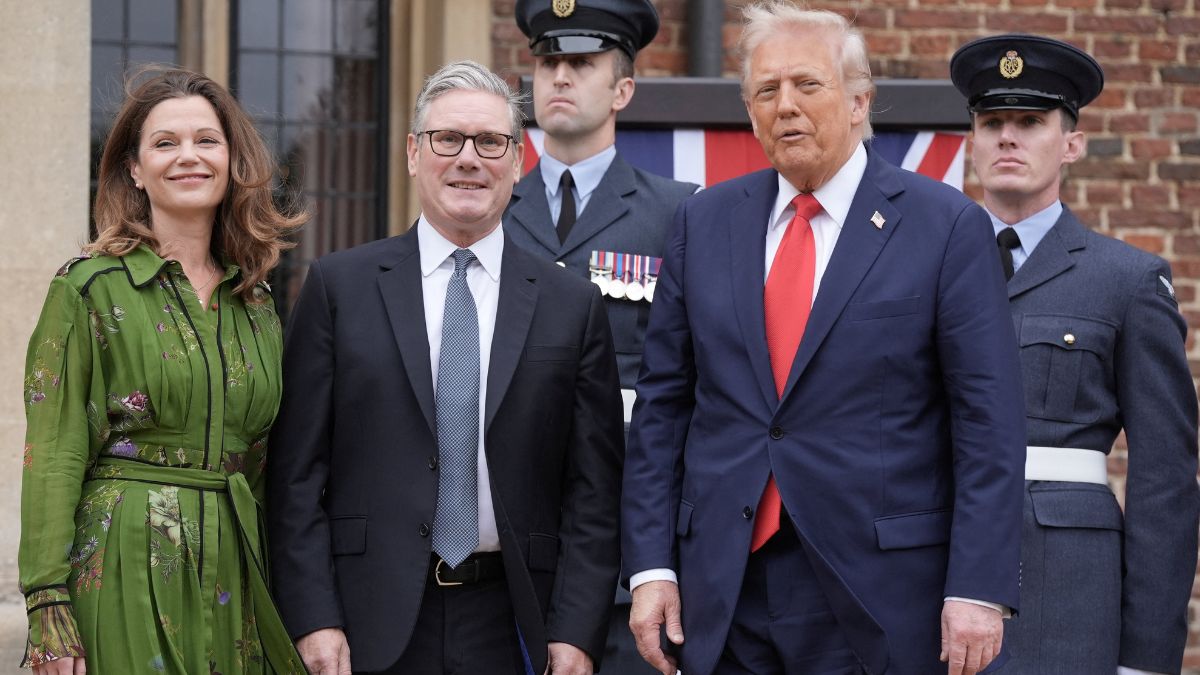)
)
)
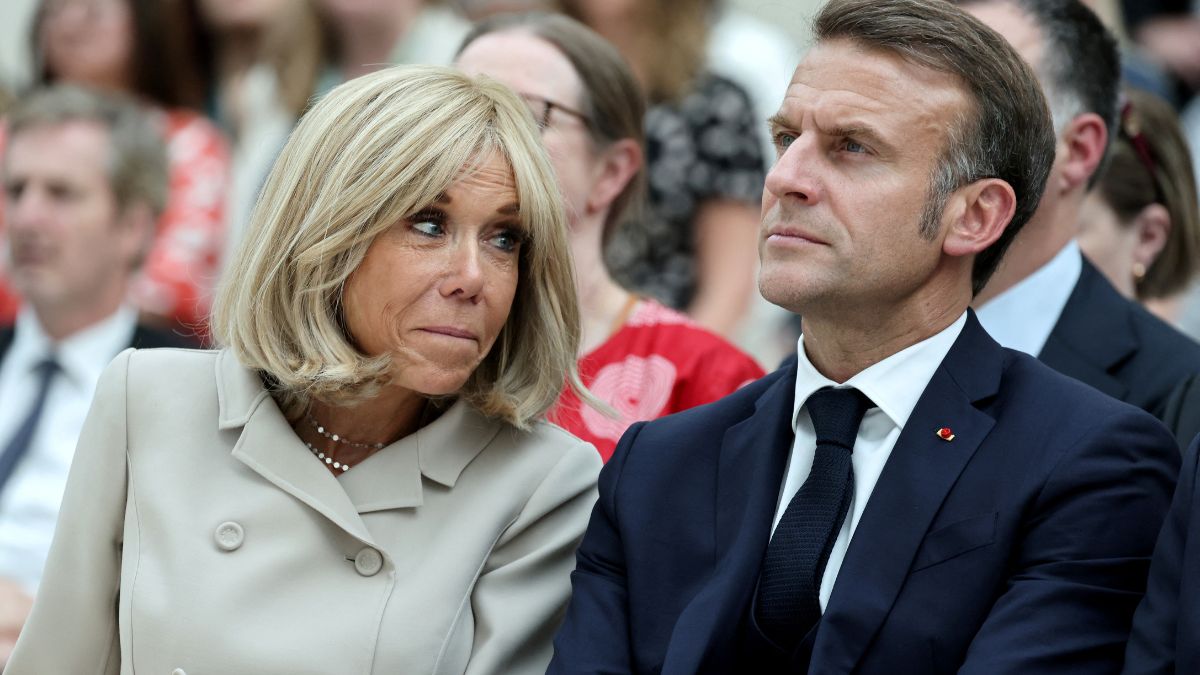)
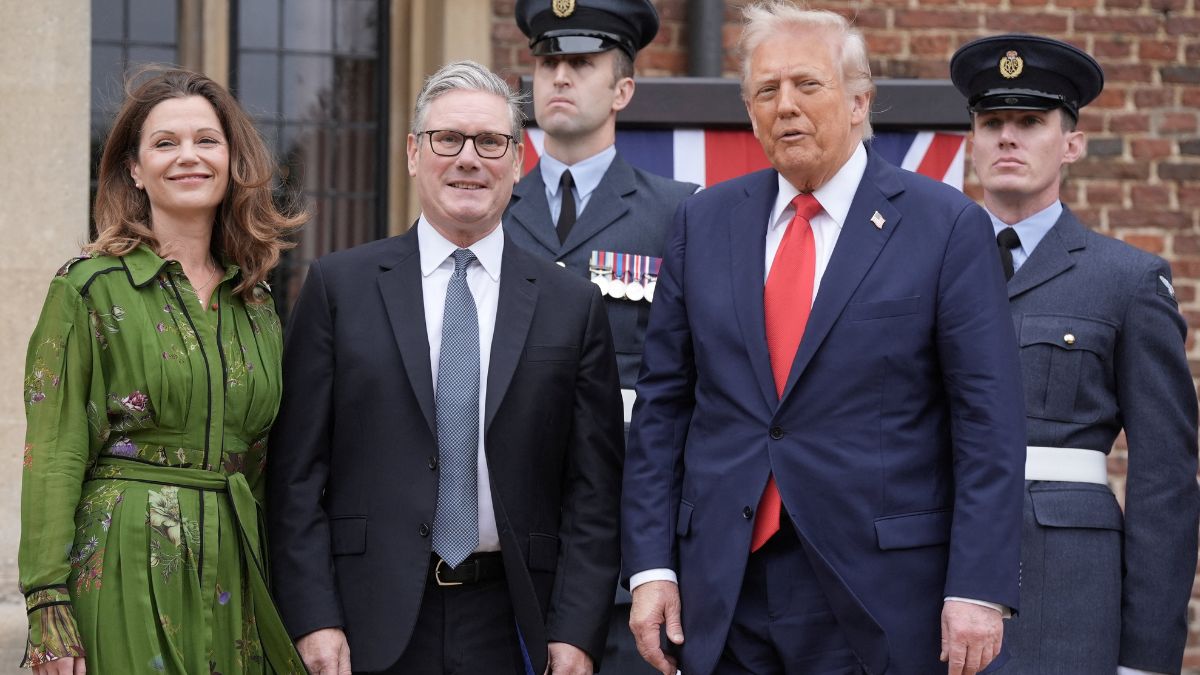)
)
)



